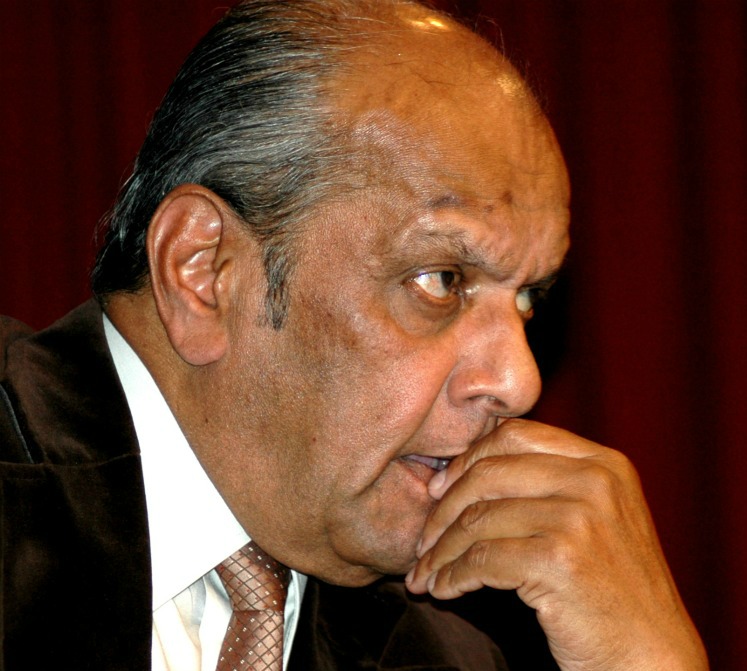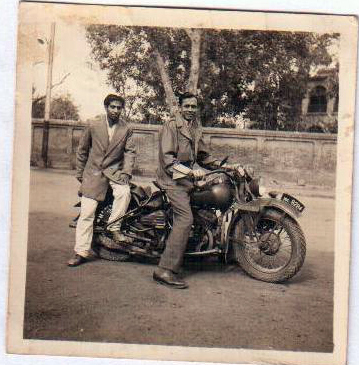
Reginald was born in Lahore before Partition. He writes books on various subjects pertaining to South Asia. A former London journalist, he now lives in Mid Wales with his actor wife Jamila. His latest book is INDIA: Definitions and Clarifications (Hansib, London). A member of the Society of Authors, he is a Fellow of the Royal Society of Arts.
Editor's note: This story is an expanded version of an excerpt from the author's book Azaadi!: stories and histories of the Indian subcontinent after Independence, Abhinav, Delhi 2005. It is reproduced here with the author's permission.
At the time of India’s Independence, my father, J. M. Massey, was in the Royal Indian Air Force, stationed at Lahore.
He opted to join India and the Indian Air Force, and we moved to Delhi. In 1948, he did some highly sensitive intelligence work, whose nature I cannot reveal.

Some time after Independence, my father had to call on the Prime Minister in New Delhi to discuss a sensitive intelligence matter. The appointment was fixed for the evening at the PM's residence.
Editor's note: The Viceroy met with several Indian leaders on June 3, 1947. The minutes of that meeting are attached below. Source:http://www.bl.uk/reshelp/findhelpregion/asia/india/indianindependence/indiapakistan/partition6/index.html This is followed by the broadcasts that took place later in the evening. The statement issued by the British Government on June 3, 1947 is also attached.